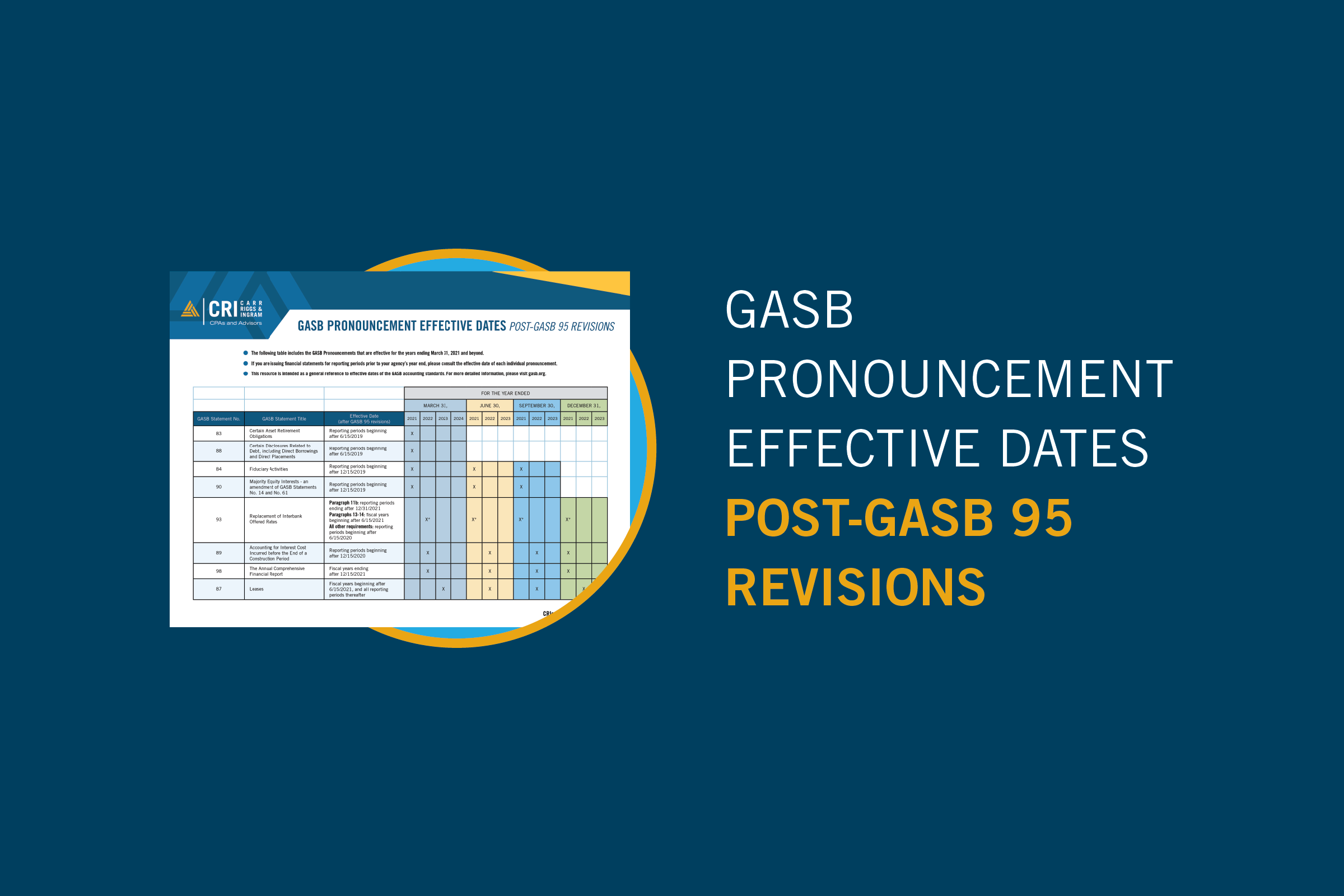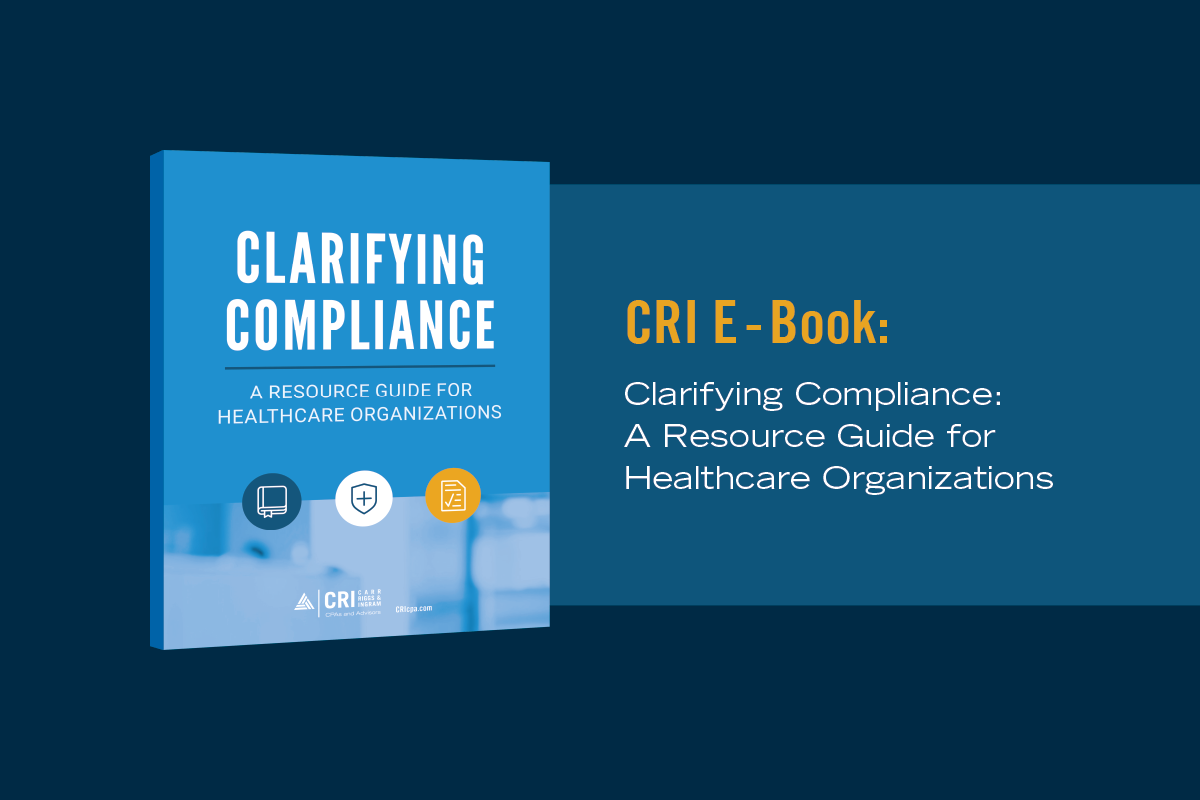Fundamentals of Business Valuation: The Asset Approach
- Contributor
- David E. Amiss
Dec 28, 2023
At some point, every business owner wants an answer to that important question: “How much is my business worth?” No matter what circumstances are driving you to ask the question, it’s critical that you have confidence that the answer is the right one for your business and for you.
In some cases, business owners and other stakeholders (such as the IRS in a gift tax scenario) want to know the minimum value of the business if they were to shut down operations, sell all assets, and pay off debts. In such cases, the asset-based approach to valuation is often the primary one used.
How the Asset Approach Works
An asset-based valuation uses methods based solely on the value of the company’s assets minus its liabilities. (Value = Assets – Liabilities)
It’s simple enough in theory. In practice, achieving an appropriate valuation requires considerable skill and experience.
The most frequently used method that valuators use to ascertain business value using the asset approach is the adjusted net asset method.
When applying this method, valuators start with the book value of company assets as shown on the organization’s financial statements. Next, they adjust these figures to reflect each asset’s fair market value. They’ll make the same adjustments to the business’s liabilities.
The resulting value from this method captures what can often be described as the “floor” value of a business, which is usually much lower than the value derived from other approaches. The primary reason for this is that the asset approach most likely doesn’t include the intangible assets, such as goodwill, which often are not reflected on the balance sheet. The income approach and market approach to valuation both capture the value derived from these assets.
When Focusing on Assets and Liabilities Is Appropriate
In what circumstances would someone want to ascertain a business’s minimum value? It could be the right approach because the business is facing liquidity challenges. When a business is performing poorly, business owners and prospective buyers need to know the value they can expect if all assets were sold and financial obligations fulfilled.
The asset approach also is used to value real estate holding companies, investment companies, and other companies with significant salable assets. In each of these cases, the asset approach would be appropriate because the company’s income level likely wouldn’t support a value higher than the floor value.
Challenges When Using the Asset Approach
There are, of course, several challenges with this approach. For one, the valuator has to investigate the company to make sure that all assets and liabilities are recorded. An unrecorded liability can throw a wrench into value estimates, whether it’s a personal loan or a court proceeding that could lead to additional financial liability. Assets or liabilities that are tied to related parties also might require adjustments to value if those assets or liabilities are unlikely to be collected or paid.
Also keep in mind that the valuator may have to enlist an additional expert to value tangible assets owned by the company, such as real estate and equipment.
Is an Asset-Based Valuation Right for Your Business?
The asset-based approach to valuation is appropriate in particular situations and purposes. However, since valuators are required by their standards to consider all three major valuation approaches in any valuation they perform, you can often find this “floor” value in your professionally prepared valuation report. It can be a useful starting place to evaluate the reasonableness of values reached through other methods.
If you want to learn more about valuing your business, reach out to your CRI advisors. We’ll help you get the necessary information to make sound business decisions.





















































































































































































































































































































































































































































































































